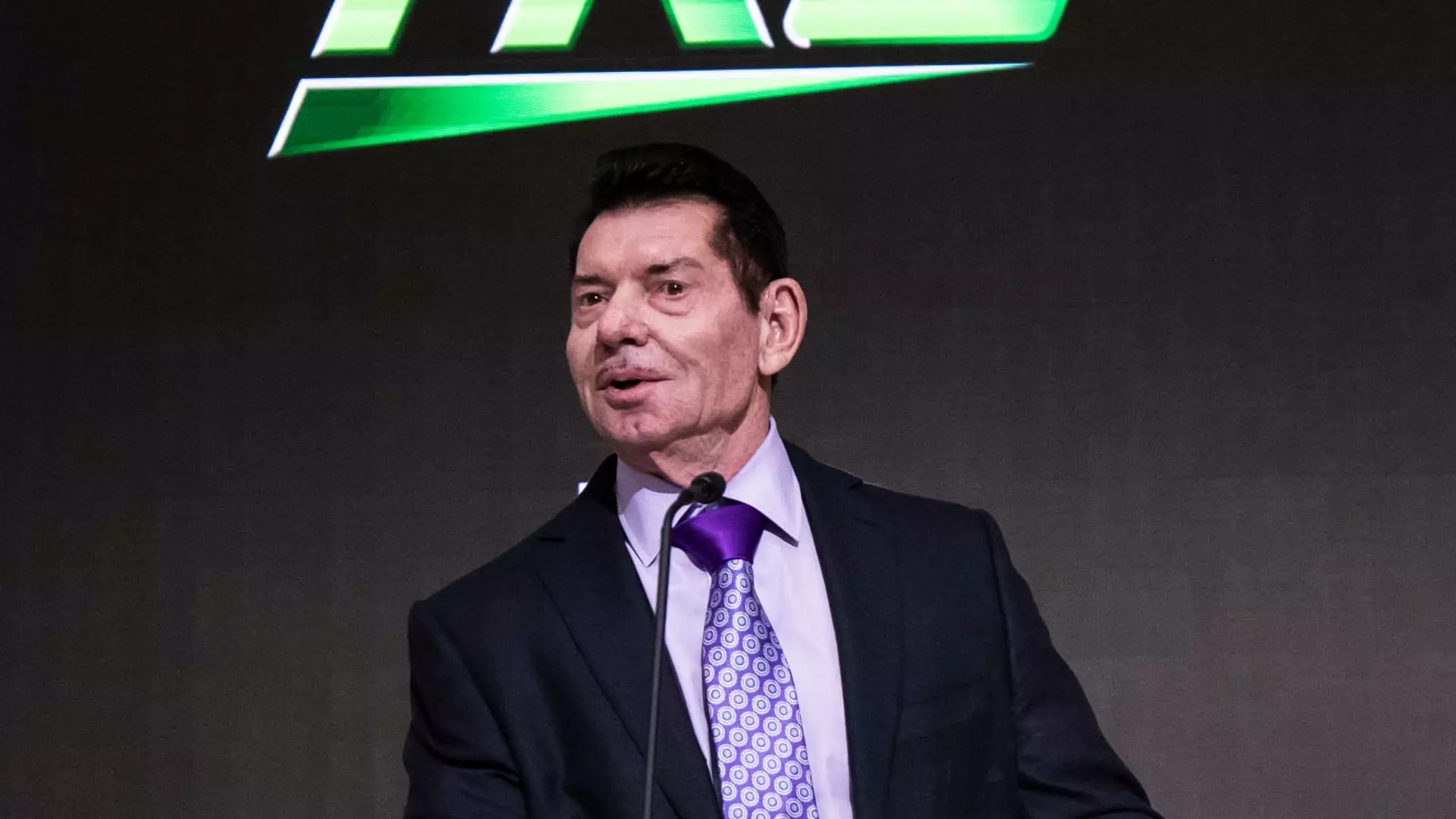The recent legal troubles of Vince McMahon, the former Chairman of WWE, raise serious questions regarding accountability and corporate governance in publicly traded companies. The Securities and Exchange Commission (SEC) has charged McMahon with violations of federal securities laws, specifically citing his failure to disclose a total of $10.5 million in settlement agreements with two women. This case not only highlights McMahon’s personal missteps but also sheds light on broader issues of governance within WWE—a company he founded over four decades ago.
McMahon’s charges arise from allegations that he did not inform the WWE board, as well as its legal team and auditors, about substantial financial settlements he agreed to on behalf of himself and the company. The SEC’s investigation revealed that McMahon’s lack of disclosure led to significant misstatements in WWE’s financial records for the years 2018 and 2021. By reportedly circumventing the company’s internal accounting controls, the former executive inflated the company’s net income figures—by approximately 8% for 2018 and 1.7% for 2021—resulting in misleading information for shareholders.
The financial implications of these decisions are substantial, as they also led to McMahon pocketing significant financial benefits, including incentive-based compensation tied to the inaccurate financial statements. As part of the resolution, McMahon has agreed to a $400,000 civil penalty and is set to reimburse WWE $1.33 million. However, his admission of wrongdoing raises further questions about the depth of accountability incorporated into WWE’s governance structure.
The SEC’s findings critique not only McMahon’s actions but also the efficacy of WWE’s internal controls. Corporate governance entails a system of rules, practices, and processes that direct and control a company. For a publicly traded corporation like WWE, robust internal controls are essential. They ensure transparency, foster trust among shareholders, and comply with regulatory requirements. The lapses in this case suggest vulnerabilities in WWE’s governance framework that allowed critical information to be withheld from key stakeholders.
The SEC highlighted that the absence of accurate reporting caused WWE to misrepresent its financial stability, which can undermine investor confidence and impact stock prices. With the merger between WWE and Endeavor Group Holdings forming the new TKO Group Holdings, such governance failures could mislead a new generation of investors about the potential of the merged entity.
At the heart of McMahon’s case is the issue of accountability, particularly for executive figures within large corporations. While McMahon has signaled a desire to move on from the allegations, it’s essential to recognize the long-term implications of his actions. By agreeing to settle and acknowledging the problem, McMahon essentially admits that his leadership decisions fell short of the ethical standards expected from someone in his position.
Furthermore, the specter of potential sexual misconduct allegations adds another layer of complexity to McMahon’s story. One settlement pertains to a former WWE employee who alleged assault, raising critical concerns about workplace safety and the protective structures that should exist within the organization. Companies must proactively address such cases, not only to protect victims but also to uphold a culture of integrity and transparency.
What remains to be seen is how WWE will navigate its future in the wake of these allegations and charges against its former leader. With a new operational structure under TKO Group Holdings, stakeholders will be closely monitoring how the company addresses its internal controls and governance practices moving forward.
As the corporate landscape evolves, it’s crucial for companies to prioritize transparency and accountability to maintain stakeholder trust. The charges against McMahon serve as a cautionary tale for other executives. Ethical governance is paramount not only for legal compliance but also for fostering a corporate culture that values accountability at all levels.
Vince McMahon’s challenges with the SEC illuminate significant corporate governance issues that extend beyond an individual’s actions. The implications of these failures could resonate throughout the industry, impacting both WWE’s reputation and the broader public’s confidence in corporate America. Moving forward, the focus must shift towards ensuring that such missteps are not repeated, fostering an environment of integrity and transparency in public companies.

